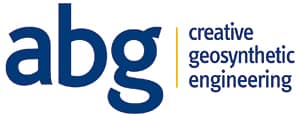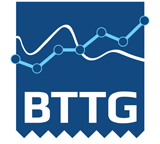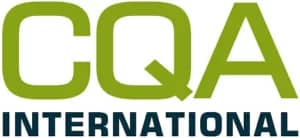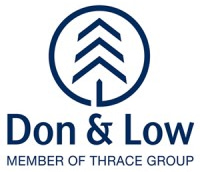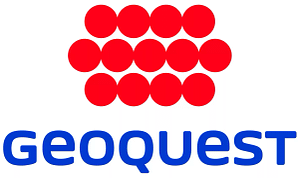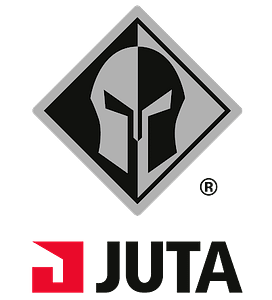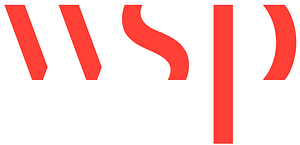
IGS Code of Ethics
This is the guiding code of ethics (22nd June 2015) for all IGS members.
1. GENERAL PRINCIPLES
1.1. Each Member of the IGS agrees that the aims of the Society include:
- To collect, evaluate and disseminate knowledge on all matters relevant to geosynthetics, related products and associated technologies;
- To provide, through its meetings and published proceedings, a means of communication and understanding between educators, designers, manufacturers, testing and research professionals, regulators, inspectors and users of geosynthetics and specifically encourage cooperation between the manufacturing and civil engineering communities;
- To promote advancement of the state of the art of geosynthetics and their applications; and
- To encourage the harmonization of geosynthetics test methods, equipment and criteria.
1.2. All Members of the IGS have the obligation and responsibility to follow the aims of the Society and to be guided by the highest standards of ethics, personal honor and professional conduct.
2. RELATION OF MEMBERS TO THE PUBLIC
2.1. Each Member of the IGS shall avoid and discourage misleading statements and/or participation in unsound practices.
2.2. A Member of the IGS shall not knowingly participate in the publication of any report or document for any unsound or illegitimate undertaking.
2.3. A Member of the IGS shall not give professional opinion or make a recommendation without being as thoroughly informed as might reasonably be expected considering the purpose for which the opinion or recommendation is desired. The degree of completeness of information upon which the opinion or recommendation is based shall be made clear.
2.4. In representing IGS or in the presentation of professional papers at IGS and associated conferences, a Member shall avoid explicit commercialism of his/her company or products.
2.5. A Member of the IGS shall not knowingly issue a false statement or false information.
2.6. A Member of the IGS must not make any abusive, racist, sexist, homophobic, ageist, discriminatory or otherwise inappropriate comments, or derogatory or stereotypical remarks about a particular ethnic, political, social or religious group or gender.
3. RELATION OF MEMBERS TO EMPLOYER AND CLIENT
3.1. A Member of the IGS shall protect, to the fullest extent possible, the interest of his/her employer or client insofar as such interest is consistent with the law and his/her professional obligations and ethics. A Member of IGS shall engage, or advise his/her employer or client to engage, and cooperate with other producers, experts and specialists whenever the employer’s or client’s interests would be best served by such service.
3.2. A Member of the IGS who finds that their obligations to their employer or client conflicts with their IGS professional obligation or ethics shall try to have such conflicting conditions corrected.
3.3. A Member of the IGS retained by one client shall not accept, without the client’s consent, an engagement by another if the interests of the two are conflicting.
3.4. A Member of the IGS shall not divulge information given in confidence and shall not use, directly or indirectly, any employer’s or client’s information in any way that would violate the confidence of the employer or client.
3.5. A Member of the IGS shall conduct all of their business in an honest and ethical manner. All Members understand and accept that the IGS takes a zero-tolerance approach to bribery and corruption and is committed to acting professionally, fairly and with integrity in all its business dealings and relationships.
3.6. IGS Members will uphold all laws relevant to countering bribery and corruption in all the jurisdictions in which they operate, and agree to be bound by laws from their home country in respect of their conduct both at home and abroad.
4 RELATIONSHIP OF MEMBERS TO EACH OTHER
4.1. A Member of the IGS shall not falsely or maliciously attempt to injure the reputation of another member.
4.2. A Member of the IGS shall freely give credit for work done by others to whom the credit is due, shall knowingly refrain from plagiarism in oral and written communications, and shall not knowingly accept credit rightfully due to others.
4.3. A Member of the IGS shall expect fair compensation for his/her work and shall not compete unfairly with others.
4.4. A Member of the IGS shall endeavour to cooperate with others in the profession and encourage the ethical dissemination of technical knowledge.
5. DUTIES TO THE SOCIETY
5.1. A Member of the IGS shall uphold this Code of Ethics by precept and example and encourage, by counsel and advice, other Members to do the same.
5.2. A member who knowingly violates the Code of Ethics will be subject to investigation by the IGS Officers and may be subject to sanction by the IGS Council. In cases of gross violation of the Code of Ethics, this can include dismissal from the Society in accordance with clause 4.03 of the Bylaws. Dismissal for cause cases must formally appear on the Agenda of the Council. Members being considered for dismissal must be afforded an opportunity to comment to and/or appear before the Council before it reaches its decision.
